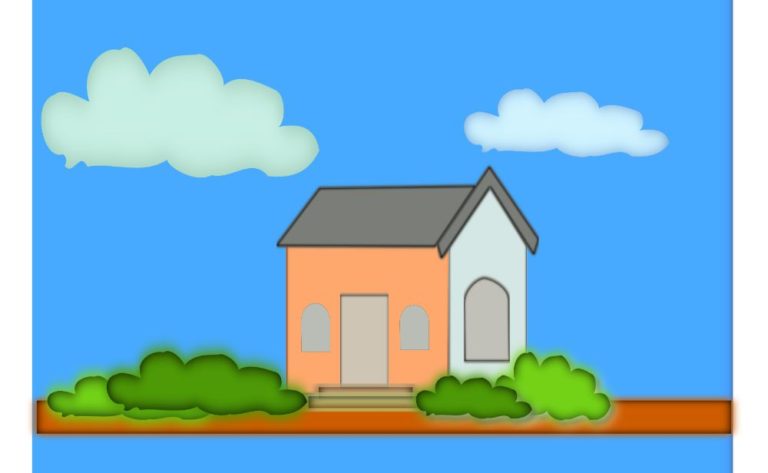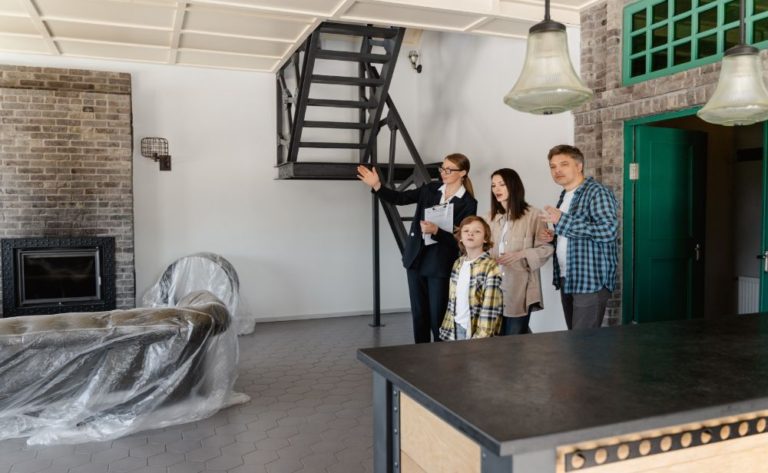Why the Perfect Home Is Too Hard for You to Find
Oh, the picture-perfect family house. It’s reassuring to believe that you won’t settle for anything less than perfect when you’re looking for a new place to call home, isn’t it? But, c’mon, that’s kind of like waiting for the “ideal” relationship, which is romantic, but impossible. Get a grip, guys!
It’s possible that the home that’s ideal for you isn’t ideal overall.
No, we are not advising you to give up and accept your current situation. However, we want to make sure that you are not one of those people who are extremely difficult to please and have unrealistic ideals and who will wind up with no home at all because they are too focused on finding the perfect home. Could it be you?
Take a look at these omens. Your level of particularity is off the charts, and you might benefit from dialing it down a notch or two.
1. Overly specific about what it is that you want.
When looking for a new home, it is important to keep in mind a few essential requirements (open kitchen, Quiet Street). But if your requirements are rigid and unyielding (for example, you turn down a house because the bedroom is too small for your furniture), you can miss out on a fantastic location that was right under your nose the whole time.
Therefore, the more flexible your wish list may be, the better. You should always strive to be flexible.
2. You’re seeking for your ‘forever home’—even if it’s your first
There’s a reason why they’re referred to as “starter homes”: the likelihood that you’ll remain there for the rest of your life is low. Starter residences may be too small, or too far from your business, or maybe a tiny bit too unsightly. To put it another way, these residences are not the ideal place to live. However, if the price falls within your budget and it covers the essentials that you have listed on your check list, maybe you shouldn’t rule it out quite so quickly.
And yet, that is precisely what a large number of prospective homeowners are doing these days: According to the Homebuyer Insights Report published by Bank of America, 75% of first-time home buyers indicate that they do not intend to purchase a starter home and instead are saving for homes that they will love for the rest of their lives. Additionally, 35% of first-time home buyers want to retire in the first home that they purchase. That is all very great, but it may be quite some time before you will be able to afford that. Instead of waiting five years before upgrading, why not use that time to develop equity in your first home?
Don’t let daydreams of the future cloud your judgment when it comes to choosing a place to live in the here and now, whether you’re looking into neighborhoods with good schools or planning ahead for the possibility of having grandchildren before you even know you’re expecting (Flynn says that this does happen).
3. You believe that home remodeling reality shows are more realistic than they actually
Fixer-uppers are miraculously transformed into jaw-dropping showpieces in a matter of days or less on television shows like “House Crashers” and “Property Brothers.” In point of fact, such restorations are notoriously expensive, labor-intensive, frequently stressful, and invariably time-consuming endeavors. Onscreen, the details are glossed over, which causes people’s expectations to be higher in real life.
“I can tell straight away if a client is highly picky if he wants to make large modifications to a home that aren’t feasible for the property or the neighborhood,” says Flynn. “I can tell right away if a client is super picky when he wants to make massive upgrades to a home.” “There are other instances when I’ll make a joke about how this isn’t HGTV,” she said.
4. The frustration level of your real estate agent.
Because trustworthy real estate brokers truly care that you find a house that meets all of your needs, you should give them the benefit of the doubt whenever it is possible to do so.
Flynn believes that he likes to give his buyers the time they need to make their own discoveries and judgments. “I like to give my buyers the time they need,” “But I also respect their deal breakers: If a home isn’t a fit, let’s leave right away and not attempt to convince each other that it will work,” she said. “But I also respect their deal breakers.” Indecisiveness, on the other hand, might cause a salesperson to go in circles around a client who is unwilling to entertain perspectives other than their own.
According to Benuska, “I had a client many years ago who was continually finding a flaw with every home I showed him, even ones that he adored.” “Eventually, I was forced to end our working relationship because he still hasn’t purchased a home up to this day,” she said. The good news is that, according to Benuska, fear may frequently be found at the foundation of pickiness. If you’ve located a beautiful property that’s pretty darn close to being the perfect home but you’re still picking apart the kitchen tile, you might want to ask yourself if you’re truly ready to make the purchase.






